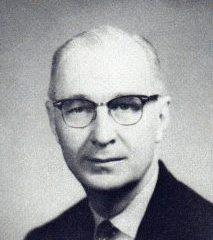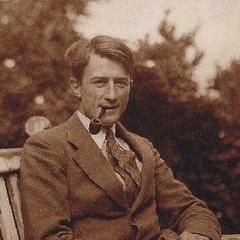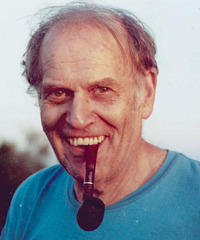Simone Weil Quotes - Page 2
Art is the symbol of the two noblest human efforts: to construct and to refrain from destruction.
A hurtful act is the transference to others of the degradation which we bear in ourselves.
Evil when we are in its power is not felt as evil but as a necessity, or even a duty.
The glossy surface of our civilization hides a real intellectual decadence.
The sea is not less beautiful in our eyes because we know that sometimes ships are wrecked by it.
I also am other than what I imagine myself to be. To know this is forgiveness.
Imagination and fiction make up more than three quarters of our real life.
Everything which originates from pure love is lit with the radiance of beauty.
Sin is not a distance, it is a turning of our gaze in the wrong direction.
Love of God is pure when joy and suffering inspire an equal degree of gratitude.







